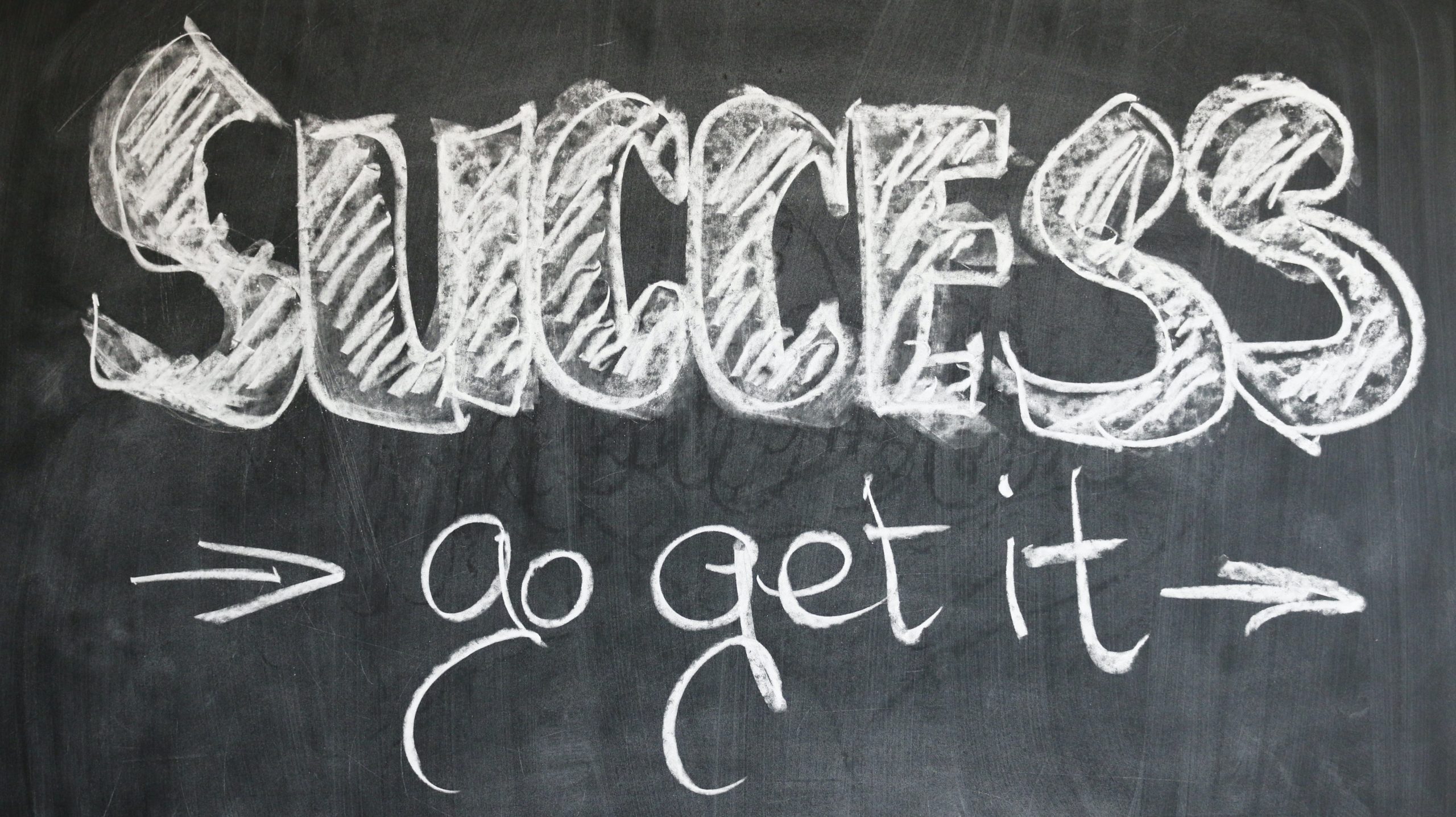
Building Mental Strength from The Inside Out
Whenever the word strength is included in conversations, the first thing that comes to mind is usually your physical strength, how well you can perform labor-intensive activities or challenges. However, strength is not limited to just the physical aspect of one person. One could also exhibit strength either mentally, emotionally, or spiritually.
This article will discuss mental strength: what it is, how you cultivate it, exercises you can do to foster it, and many more! So, stay tuned until the end because this will be another worthwhile discussion.
Defining Mental Strength
You can say that to have mental strength means to be mentally tough. We talked to several athletes, and they said that mental toughness is the voice at the back of their minds that tells them to keep going, especially when they start to lose steam approaching the final stretch, miles, reps, or seconds of competition. We also talked to non-athletes, and according to them, mental toughness is that “force” within that encourages them to persevere. Despite life’s challenges, mental toughness is the fuel that propels them to face these obstacles head-on. No matter what life throws at them, they cling on to the possibility that someday, everything will be better.
Mental toughness is the capacity to overcome obstacles or handle life’s inevitable stresses without suffering unfavorably. Obstacles can refer to expected difficulties, such as a promotion or certification examinations, or unforeseen occurrences, like illness or accidents. People that are resilient maintain their composure under stress and can handle any situation.
While mentally tough people appear composed in the face of challenges, mental toughness is more than just being calm. Increased longevity, happiness, greater mental health, and even life satisfaction has all been related to resilience. Being resilient also makes you more willing to lend a hand to others and makes it simpler for you to follow your interests, purpose, and meaningful life.
The great thing about mental strength is that, just like any other skill, you can learn this. People of all ages, personality types, and dispositions can develop resilience—and thus mental strength—to cope with stress better and even grow to be better people.
Factors that affect one’s mental strength
Our ability to remain mentally tough might be negatively impacted by both psychological and physical issues. For example, unmanaged, long-term stress wears down the body and mind. As business owners or leaders, when we are faced with an obstacle, and we think we don’t have the emotional or physical resources to overcome them, we easily feel overwhelmed.
Our mental toughness may also be impacted by our lifestyle decisions. Resilience and sleep quality are inversely correlated—when people have enough sleep, they tend to have better resilience. This reveals the connection between the brain and body in terms of mental toughness.
What we eat also affects our mental strength. Those with bad eating habits and a sedentary lifestyle tend to be easily overwhelmed and thus have low resilience. The same people, when placed under stress, tend to spend more time sitting and eating junk food.
Too much of everything is also detrimental to your mental strength. While training your mind to be tougher is beneficial, too much of it can also easily lead to fatigue and easily depletes both your mental and physical self. So, the key is to find the perfect balance between training and taking it easy.
Exercises that can help develop mental strength
We discovered over the years that continuously working on enhancing your mental toughness and resilience is the most effective strategy to manage anxiety. You’ll eventually learn to face—and even welcome—certain types of challenges not because you’re looking for problems but because each obstacle represents an opportunity for learning and a chance to get fresh insights.
Here are the daily activities you can try to increase your mental toughness and resilience:
Look on the brighter side
Start your day by making a list of all the uncertain situations you may be caught in—it could be an unannounced assessment at work, it could be a health-related issue, or it could be about family—whatever it is, write it down.
Then think about the best outcome for the scenarios that you wrote. The best one you could imagine.
Before you say, “Isn’t this going to put my expectations so high only to be disappointed later on?” know that we understand. But the point of this exercise is to train your mind to be positive because this helps open ideas for what more you can do to create that outcome of your dreams.
Convert your anxiety into something productive
Being anxious is not always a bad thing. It’s an evolutionary need to “worry” a bit because that’s part of our self-preservation. We worry because we want to survive. The key is to acknowledge that we’re worried about something and then find out what we can do to worry less.
When we’re anxious, it’s easy to feel overwhelmed by various emotions, and we cannot function well. For example, when we’re angry, our attention is easily distracted. When we feel fear, we lose focus. When we’re sad, we lose motivation. When we’re worried, we lose sight of our goals and procrastinate. And so on.
Acknowledging what we’re anxious about helps in processing these emotions and bring us back to the neutral zone.
Try something out of the routine
What is great about this era is that information is everywhere. You can just open your browser, and voila, you can already join an online class.
The point is that “forcing” your body and mind to try something you have never done before can do wonders. It doesn’t have to be a workout or difficult; it can be something that is only slightly over your skill level or outside of your comfort zone.
Seek help
The journey towards developing your mental strength should not be made alone. You should learn to ask for assistance, get in touch with friends and family, and actively foster helpful, encouraging interactions.
Building a great support system is a challenge, but if you wish to attain mental strength, this is crucial. Attaining mental strength is a tough mission, and you will need all the help you can get in times of enormous stress.
Find solace by reaching out to others.
Overcome the feelings of O.P.A. by seeking out help. O.P.A. is when you become so overwhelmed that you become paralyzed and ultimately avoid doing anything. Hiring a professional or life coach can go a long way in providing a release. By voicing your concerns out loud to a coach or mentor can offer insight into finding solutions, or just getting out of your head…to focus on what is important.
Conclusion
Mental strength, just like physical toughness, is an important aspect of your life that you should pay attention to daily. Without it, you can easily succumb to anxiety, get overwhelmed by emotions, and become demotivated when your expectations are not met. To learn more about mental strength and other business insights, check out the blog list at MarketAtomy.com.
Danna Olivo is a Growth Strategist, Author, and Public Speaker. As CEO of MarketAtomy LLC, her passion is working with first-stage business owners to ensure that they are prepared and equipped to launch and grow a successful small business. She understands the intricacies involved early on in business formation and as such the challenges that come with it. A graduate of the University of Central Florida’s College of Business, Danna brings more than 40 years of experience strategically working with small and medium businesses, helping them reach their growth goals. danna.olivo@marketatomy.com
- Navigating Business Challenges with a Small Business Advisor - December 20, 2023
- Mastering Government Contracts with Expert Consulting - November 7, 2023
- Choosing the RIGHT Business Growth Consultant for Your Company - October 7, 2023




